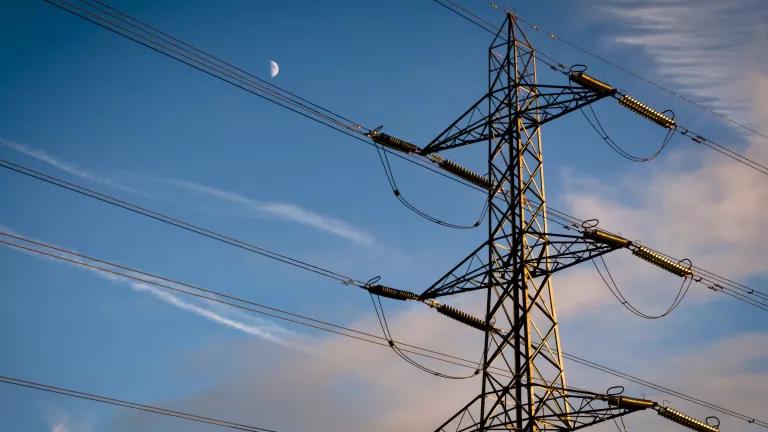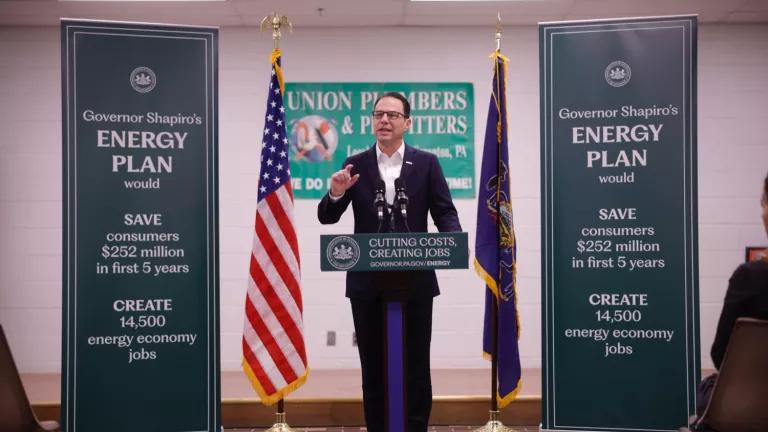The Scranton "Times-Tribune": Shapiro Should Commit to Gas Initiative
The "Times-Tribune" in Scranton supports Pennsylvania's participation in the Regional Greenhouse Gas Initiative. With support from Governor Josh Shapiro, RGGI will hold carbon polluters accountable.

This article was written and published by the Scranton Times-Tribune Editorial Board.
Pennsylvania’s government in recent years has committed more than $4 billion in tax credits to the natural gas industry and related enterprises.
But that does not even account for the state’s largest and most harmful subsidy for extraction industries—the right to pollute with impunity.
The state’s long-standing failure to put a price on pollution has produced massive amounts of it, in keeping with a law of economics holding that the cheaper something is, the more of it you get.
More than 75 years after the demise of industrial-scale coal mining in northeastern Pennsylvania, for example, pollution from it is still everywhere because the state government did not require the industry to account for it.
Now, when state lawmakers mewl that putting a price on carbon pollution would increase the price of electricity, they’re really arguing to continue allowing major polluters to operate with the same impunity that coal operators and power producers have enjoyed for generations.
Former governor Tom Wolf sought to diminish pollution by putting a price on it, when he wisely made Pennsylvania a member of the Regional Greenhouse Gas Initiative (RGGI) in 2021. The state’s participation in the enterprise among 10 other Northeast states has been delayed by court challenges.
New governor Josh Shapiro has not committed to seeing through Wolf’s commitment to RGGI. As attorney general, he signed off on Wolf’s effort, but that involved a narrow legal issue rather than the broader concept. As a gubernatorial candidate, he has expressed reservations about RGGI, citing potential costs.
Under RGGI, participating states set a cap for carbon dioxide emissions, which declines over time. Power plants purchase pollution allowances in quarterly auctions. The objective is to create an incentive for power producers to generate less carbon pollution by putting a price on it, and it has worked. Emissions in the participating states have declined by 50 percent.
Meanwhile, Pennsylvania has missed out on hundreds of millions of dollars from the quarterly auctions. The September auction produced $301 million. New York received $73.9 million; New Jersey, $38.6 million; Maryland, $37.9 million.
Shapiro should commit to RGGI, which simply recognizes that pollution is expensive and that generators should account for it.




